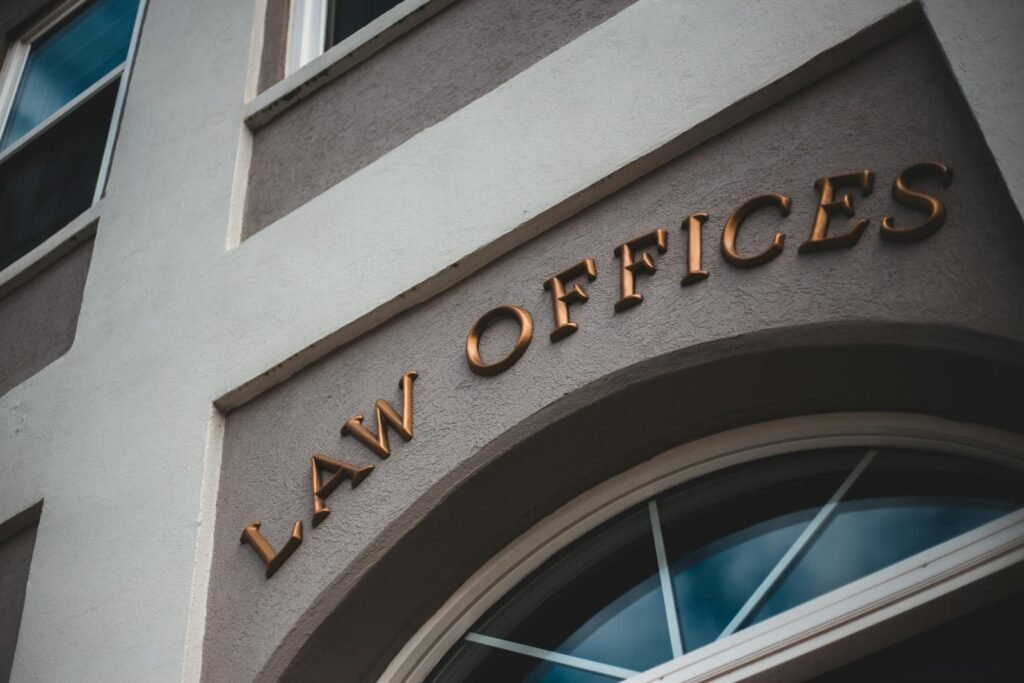The selection of a lawyer specializing in real estate law is of paramount importance to ensure a successful transaction or litigation in such a complex and technical area. This type of lawyer has the skills to intervene in real estate transactions, disputes, the drafting of contracts, as well as negotiations between parties. If you are considering calling on this type of professional, here are the essential criteria for choosing the right one.
Criterion  | Description  |
|---|---|
Experience  | Make sure the lawyer has specific expertise in real estate law. |
Specialization  | Prefer a specialized lawyer rather than a general practitioner for adapted and in-depth advice. |
Customer reviews  | Consult feedback from former customers to assess the quality of its services. |
Price  | Clarify fees upfront to avoid unpleasant financial surprises. |
Relationship of trust  | A good lawyer must be available, transparent and respectful towards his clients. |
Choosing a good real estate lawyer: The criteria to evaluate
- Experience and specialization
Experience in the field of real estate law is crucial. A good real estate lawyer must be able to demonstrate solid expertise in areas such as real estate sales and rentals, co-ownership, or even commercial leases. By consulting specialized sites or professional online platforms, you can check the academic qualifications and specialization of the lawyer, which constitutes a guarantee of seriousness and competence. - Opinions and recommendations
Feedback from previous clients provides valuable insight into the lawyer’s professionalism and responsiveness. You can obtain recommendations through your personal network, such as from a real estate agent, a notary or even other clients who have used the services of a real estate lawyer. Online directories and specialized platforms are also useful sources for obtaining objective references. - Evaluation of fees
Fee transparency is essential when selecting a lawyer. Fees vary depending on several factors: the complexity of the case, the region, or the experience of the lawyer. Some professionals offer hourly rates, while others operate on a flat rate basis for specific services, such as drafting a contract or handling a dispute. - Communication and trusting relationships
Beyond technical skills, it is essential to choose a lawyer with whom communication is easy and clear. A good relationship between the lawyer and the client allows for a fruitful collaboration and ensures a good understanding of your specific needs. Opt for a professional who is responsive and available to answer your questions, and with whom you feel confident.

Why choose a local lawyer?
Using a good real estate lawyer who knows the local market can be a real asset. A lawyer based in the region often has better knowledge of local legal and economic particularities, which can be decisive in effectively defending your interests. In addition, a lawyer with a strong local presence generally has a network of useful contacts, particularly in the real estate sector, which facilitates transactions and negotiations.
ALSO READ : What is a real estate lawyer?
Questions to ask during the first meeting when choosing a good real estate lawyer
Before you commit, it’s a good idea to meet with several real estate attorneys and ask them specific questions. Here are some useful questions to assess their skills and their suitability for your file:
- Specific experience : “What is your experience in real estate law and have you already handled cases similar to mine? »
- Strategy : “What approach do you recommend for my case and how long might it take?” »
- Pricing : “Can you detail your fees and the associated fee structure? »
- File management : “Will you be personally in charge of my file or will you delegate certain tasks to a colleague? »
These questions will allow you to better understand the lawyer’s way of working and to confirm whether he is the best suited professional to support you in your real estate project.
Glossary of real estate terms 

- Act of sale
: Official document finalizing the real estate transaction.
- Lease
: Contract binding the owner and tenant of a property.
- Co-ownership
: Property divided between several owners.
- Mortgage
: Guarantee taken on a property to secure a real estate loan.
- Due diligence
: In-depth analysis of legal documents before a transaction.
- Servitude
: Right to use a property for a third party.
- Notary
: Public officer guaranteeing the validity of real estate documents.
- Real estate dispute
: Legal conflict between parties related to property.
- SCI (real estate company)
: Legal structure allowing the shared management of real estate.
- Eviction procedure
: Action aimed at making a tenant leave in the event of non-payment or other non-compliance with the lease.
By applying these tips and asking the right questions, you will be better equipped to choosing a good real estate lawyer who will defend your interests with rigor and professionalism.


